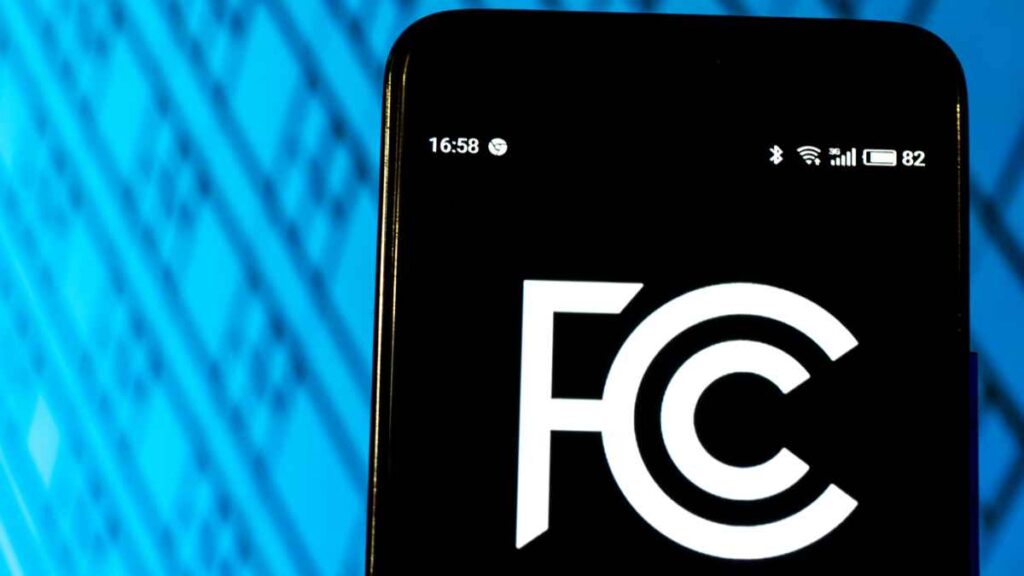
Lawful presence takes over as lawmakers assembled on Wednesday to conduct a series of data privacy hearings in an attempt to bolster data protection protocols against social networking platforms.
The Senate Commerce Committee’s intentions to address the development of an additional privacy bureau at the Federal Communication Commission (FCC) will set new scales for extensive federal privacy laws.
The move could be interpreted as a necessity. As of now, the U.S. Congress has not been able to legislate any privacy laws to address the state of consumer data security on Big Tech platforms. Once the procedures are ready, and the Committee regulates the privacy laws’ framework, federal governments will acquire the authority needed to take necessary measures against tech companies’ behavior.
“If Congress doesn’t pass privacy laws, and we spend the next six to 15 years in a [rulemaking] process where the FTC has to patch together a set of rules within the confines of their existing regulatory authority, that is not an effective way to build trust with consumers about the way companies are handling their data,” President of The App Association Morgan Reed informed The Verge in an interview.
Even though it would potentially take several years for the agency’s rulemaking to get settled, as a bureau with legislative power, this could be an established first step into a prosecutable course of action from the Biden Administration to regulate the tech industry’s dominion over users’ data.
From a funding aspect, Congress is considering a supplementary $1 billion bill to the anticipated $3.5 trillion budget.
U.S. Congress’ major political parties Republicans’ and Democrats’ joint points of view, seem to be coherent as both parties are opposed to the trillions in funding. This could potentially lead to the monetary issue being put on hold until the House and the Senate could release a new Bipartisan Infrastructure Deal.
“The FTC is not very well-funded to do this kind of work. It has limited resources and limited capabilities to engage in privacy work, plus all of the other work it has to do,” privacy policy counsel at Public Knowledge Sara Collins told The Verge.
“It’s a competition authority. It’s a general consumer protection authority. They have to have more resources to do this work,” she added.
In early August, the Senate legislated a bipartisan bill with approximately $1 trillion for funding for the reconstruction of the country’s roads and bridges, modernize public works systems and boost broadband internet, among other projects.
From a legal aspect, various lawmakers, in addition to the Senate Commerce Committee addressed the FTC’s Chair Lina Khan in a letter, asking the Commission to release its private set of data rules, following the FTC’s update on its rulemaking procedures.
Law experts perceive this issue as an unwavering attempt to impose some control on Big Tech giants such as Facebook, Twitter, and Facebook. However, experts emphasize the vitality of fundamentally endorsing these laws into tech firms’ policies infrastructure.